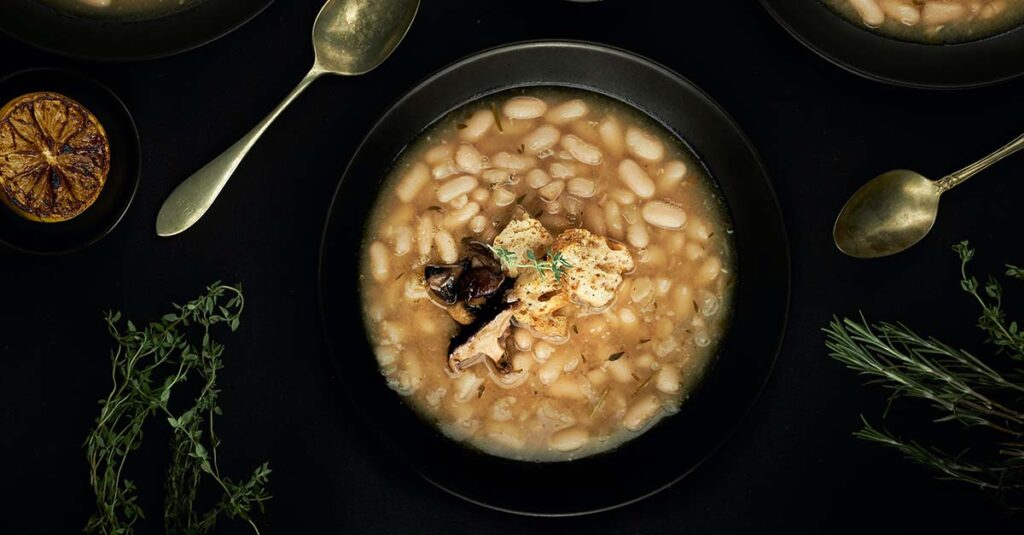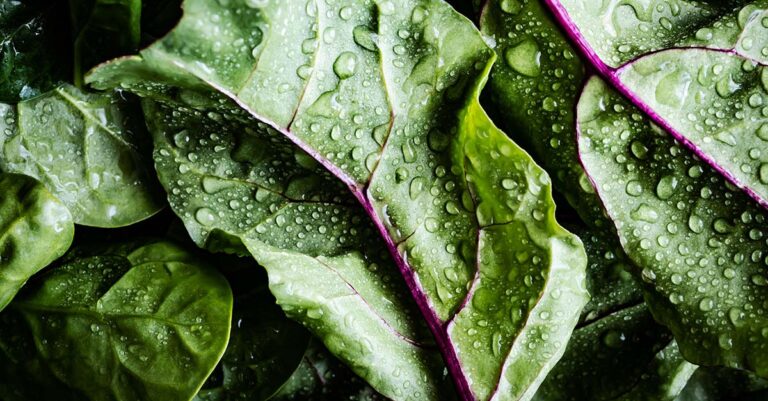I launched a newsletter about food this week—a project that’s been 18 months in the making—and I want to tell you why.
So I am going to write about food now.
In the words of Bettina Elias Siegl, “food is inherently a charged issue; our views about food are often shaped by our own upbringing, as well as our race, gender, body image—even religion. “
I know food makes people uncomfortable. I know people are attached to what they eat. I know some people experience shame around what they think they “should” be eating. I know people get defensive about food.
I’m still going to talk about food.
And I’m going to talk about poop, which—though far less charged—also makes people uncomfortable.
If you’re good with all of this, keep reading.

I’ve been a pro-veggie, not-much-meat girl most of my adult life because it made me feel better, run faster, and it was effortless to manage my weight, but that was the extent of my understanding and attachment to a plant-based diet.
Fast forward almost a decade and a half to an operating room where one of my daughters lost 24 cms of her small intestine and spent a solid six weeks on broad-spectrum antibiotics.
Control is my favorite sin, so rather than sit and pray, I read and I prayed. I listened to books and podcasts and I prayed. I scoured the internet and I prayed.
This is the part of our NICU story I don’t often share because I feel like it bores people. I feel like people want to hear about the happy ending and not the stacks of books and research that got us to the happy ending.
But the stacks of books, and the supportive doctors, and a resolute mother are some of the most important parts of this story.
At seven months old (3 months when corrected for prematurity), Margot was still so sick. Her belly was swollen, pushing up on her lungs, rendering her unable to breathe on her own. She was having diarrhea all day long; nothing resembling normal baby poop ever came out of her.
The insult of the surgeries paired with course after course of antibiotics saved her life, but they wiped out her gut bacteria.
Most of us have 300 to 500 different species of bacteria in our gut. These microorganisms do very important work. We feed them and they, in turn, improve our immunity and help us get the most out of our nutrition.
The problem is, when we don’t have enough of these microorganisms (which can happen for any number of reasons—from long courses of antibiotics to diets full of bread, sugar, and pasta and void of fruits and vegetables), our bodies may become fertile soil for autoimmune disease, rheumatoid arthritis, muscular dystrophy, multiple sclerosis, fibromyalgia, Crohn’s disease, IBS, and a plethora of other infectious and chronic diseases.
I knew Margot had what is known as gut dysbiosis. (Dysfunction of the biome.)
Everything that had happened to her up to that point was a strike again her gut microbiome.
C-section
TPN dependent / no regular breast milk for most of the first 6 months of her life
Broad-spectrum antibiotics
For older kids and adults, a high-fiber, plant-based diet with as much plant diversity as we can find within driving distance or have shipped to us is the way to nurse a dysfunctional gut back to health.
But Margot was basically 3 months old and had just started taking breast milk by mouth, so loading her up on bok choy and beans was out of the question. Breast milk was our only avenue.
Breastfeeding shapes the gut microbiome.
So I pushed.
I pushed to nurse her even when her respiratory support was higher than what is ideal for feeding.
I pushed to nurse her when she was getting 24/7 feeds through her gastrostomy tube.
And when she came home, I pushed her gastroenterologist to stop tube feeding during the day so I could nurse her.
(In full transparency, when he agreed, I freaked out about the idea that I wouldn’t know exactly how much milk she was getting, and started bottle feeding her pumped milk.)
And when she successfully gained weight, I pushed to stop tube feeds entirely.
It was a big win to have her off the g-tube, but she was still having so much diarrhea. It was better than it had been when she was in the hospital, but it was far from normal.
When her weight gain was steady, I pushed to reduce how much fortifier she was getting.
Behind the scenes, my husband, Jerod, and I had been having long talks about the twins’ health and the lifestyle we wanted to encourage.
He is a meat, potatoes, and chocolate chip cookies kind of guy, and I’m a veggie-bowl-eating-green-smoothie-drinking mamá who was not going to spend 18 years telling her daughters that they can’t eat daddy’s special food.
I bet you can guess how this went?
He didn’t give up his meat, and his bacon, egg, and cheese croissants because I made him do it. In an act of true selflessness, he chose to model the lifestyle he wants his daughters to have.
And on the day GI told us we could start solid foods, we celebrated.
We celebrated for weeks with beets, and broccoli, and oats, and fennel, and carrots, and turnips, and parsnips, and sweet potatoes.
We celebrated with asparagus, and cauliflower, and delicata, and butternut, and acorn.
And when their teeth came in, we celebrated with with plantains, and malanga, and apples, and pears, and chickpeas, and black beans, and lentils.
And when they turned one and we got the ok to come off the dairy-based fortifier, we celebrated with oat milk.
I kept food and poop journals. We consulted with doctors and dietitians.
Every week, things got a little better. The poop got a little more formed. Her digestion became more regular. The diapers became fewer.
We had our setbacks.
Black beans—the skins of which were too hard for her to digest at the time.
Barley—she lacked the enzyme needed to digest it.
Store-bought oat milk—the refined oils were too much for the belly of a baby who otherwise doesn’t eat processed foods.
Some people may have loosened up when they got their desired results. But for me, the better her digestion and weight gain, the more serious I’ve become about what goes into all of our bodies.
I’m giving my kids a chance to live a life where they don’t have to take medication, where they will never struggle with their weight, and they won’t have chronic stomach aches or inopportune bouts of diarrhea. I’m giving them added years of life, improved mood, and better cognitive function.
I’m raising them to fuel themselves with fiber in a world that’s stuffing itself with Oreos.
This is countercultural.
Food is a gift, and it’s a gift that’s given our family better health than we could have ever dreamed of for Margot.
So, I started a newsletter—entitled the Plant Milk Project, after my year of living organically–because your kid doesn’t have to be brought back from the dead for you to commit to making the most of the gift of food.
If you want to keep learning about this wild plant-based ride we’re on and what it’s like for me to cook 12,342 times a week, subscribe to The Plant Milk Project.

